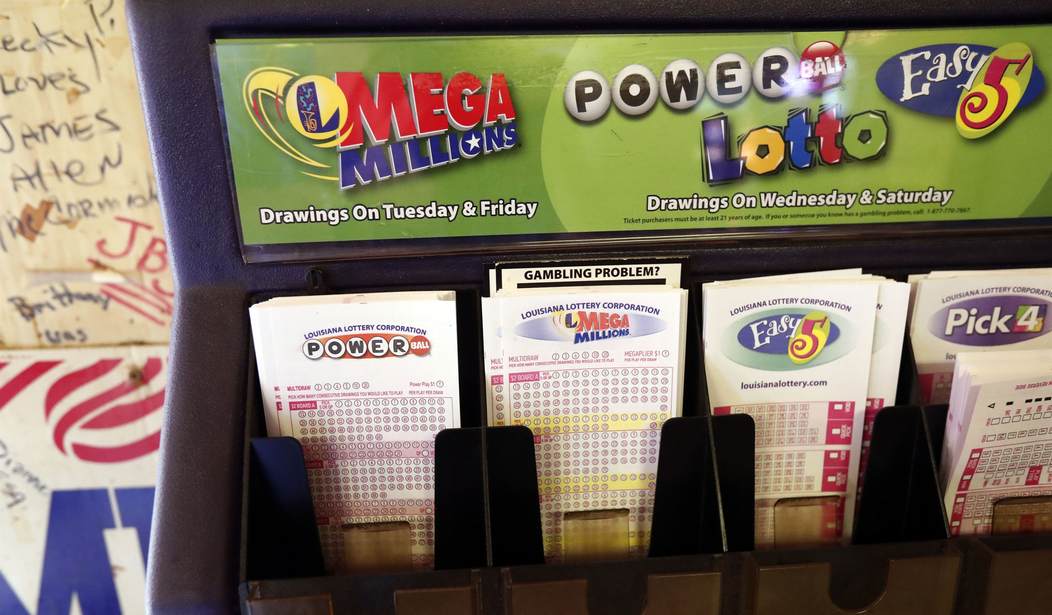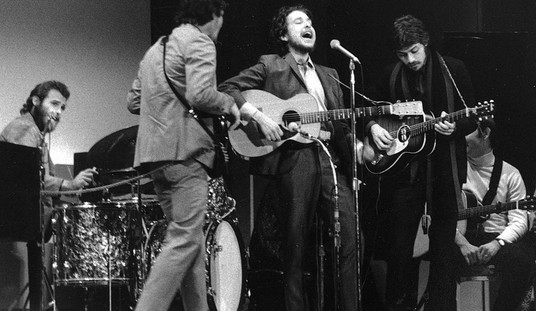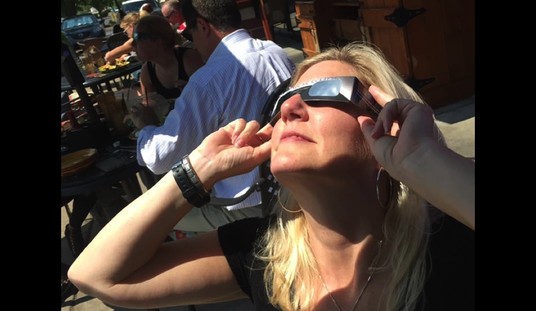Some years back, I was standing in line behind a guy in a convenience store. I was standing there waiting to buy a bottle of pop; all I wanted was to pay for my bottle of pop so I could be on my way, but this guy, the guy ahead of me in line, was one of those people who stood there, perusing the scratch game lottery tickets. "I'll have one of the Super-Zowie Scratch Fives," he'd say, and then he would wait until the clerk handed him that, then say, "I'll have one of the Whiz-Bang Six Picks." This went on for some time, and when all of that was done, he proceeded to pull out a half-dozen Powerball lottery cards for the clerk to run through the machine.
Meanwhile, the little girl with him, who was maybe five or six years old, stood there waiting. In a dress that looked like something the local thrift shop refused for being too old and worn. The guy didn't buy her anything to eat or drink. He didn't say anything to her as she stood there waiting. When he was finally done, he took all his lottery tickets and left. The little girl followed.
It was then that I realized that state lotteries are very often a tax on stupidity.
This morning, I read that the Powerball lottery, that big interstate tax on stupidity, has a proclaimed jackpot of $643 million.
The Powerball jackpot surged to its biggest amount of the year, reaching an estimated $643 million ahead of Wednesday night's drawing.
The pot grew after nobody won all six numbers from Monday night's drawing.
The white balls were 15, 46, 61, 63 and 64. The red Powerball was 1.
It now has an estimated cash value of $290.6 million, according to the lottery.
Of course, the chances of any one person winning this are so low as to be truly ridiculous. Trying to get rich by playing the Powerball lottery is like trying to commit suicide by flying on commercial airliners. One has nearly as good a chance of spontaneously sprouting wings, or of having Eric Swalwell admit he's too stupid to be in Congress and tendering his resignation.
Here are the Powerball odds:
The odds of winning a prize are 1 in 24.9, while the odds of winning the jackpot are 1 in 292.2 million, according to Powerball.
You have much better odds of coming out ahead by going to Las Vegas, Reno, or Atlantic City and playing slot machines. Slot machines can have up to a 90 percent return, meaning that 90 percent of the money put into the machines is paid back out in prizes; the remaining 10 percent is what pays for, well, everything in that casino. For the casinos, it's volume that makes the business, and the same applies to state lotteries. The difference? The odds.
The problem here is that these schemes depend on people who don't know those odds, or who don't care. There is one thing; if state lotteries are a tax on stupidity, they are at least a voluntary tax. Nobody is compelled to take part in these schemes.
But they appeal, all too much, to the people who can least afford to gamble away their money.
Read More: CNN Makes Predictable Claim: $2 Billion Powerball Payout Due to 'Systemic Racism'
Authorities: Man Wins Massive Powerball Jackpot, Kicks Deputy in Face Just Days Later
Someone who's stuck on the bottom rung of the career ladder, someone who is scratching to get by, can be entranced by the notion of suddenly getting a check for a million dollars. Some of these people reckon it's the only way they'll ever make the big time. The problem is that even when that does happen, it's amazing how many of these people are broke again in a matter of a few months. Why? Because all fortunes are not created equal.
A person who has spent a lifetime building a business, working long hours, doing anything necessary, forgoing new cars, new clothes, and a big house, to pour money back into the business - people like this who finally realize success, they have a discipline that came with making that money. But the people lined up for Powerball tickets don't want to make money. They just want to spend money. That's a huge difference.
The practice of gambling in general probably isn't going anywhere. People have gambled since the dawn of civilization, and probably always will. The state lotteries probably aren't going anywhere either. I'm not convinced they should. It's not the role of government to protect people from the consequences of their own bad decisions, although I admit, having government sponsor and facilitate those bad decisions is troublesome. And, yes, many people who would not participate otherwise will sometimes, when something like the Powerball reaches near-astronomical levels, buy a ticket or two. They're paying a couple of bucks for the chance to fantasize about what they'd do if they win.
But we should have no illusions about these schemes or the odds of winning. Buying a lottery ticket is buying into a fantasy. That's all it is. That's all it will ever be - unless you're one of those people who have realized an event that has lower odds than one's being hit by lightning - three times.















